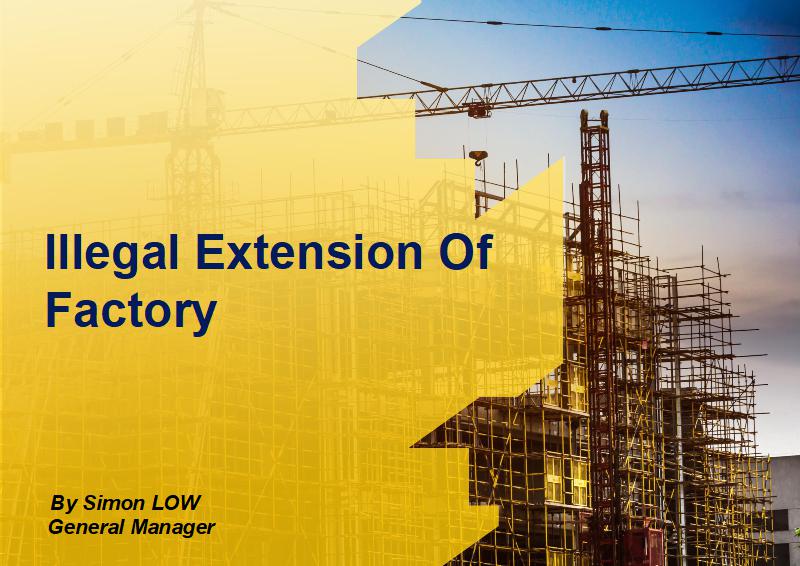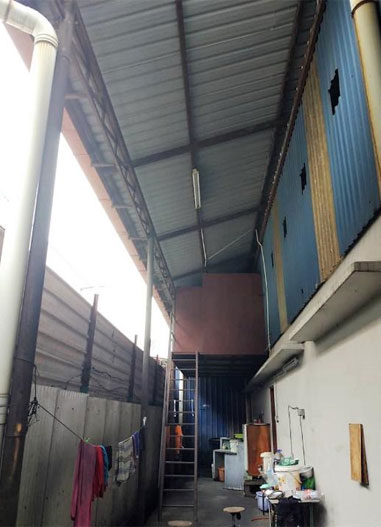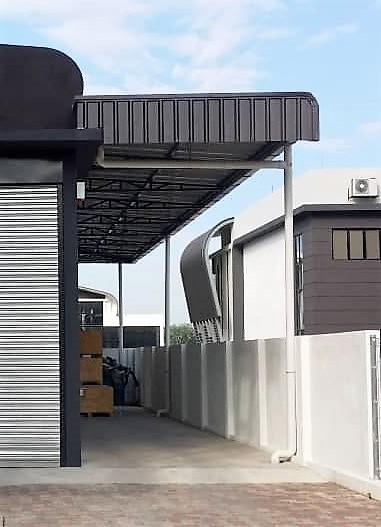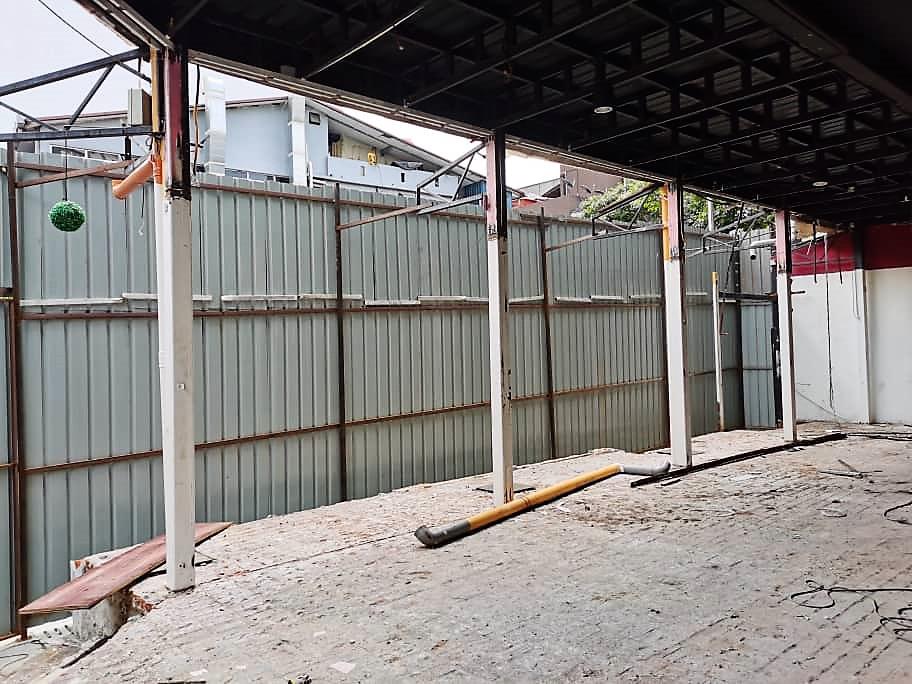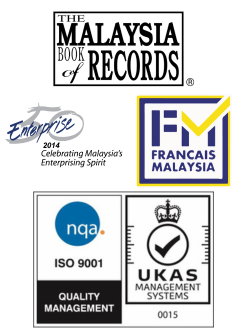Author: Simon LOW | 30 May, 2021
Extension, in terms of engineering, is the construction of a structure to enlarge the main structure as well as function as an addition to it. Building extensions are normally seen in residential, commercial, or industrial buildings. Factory extension is common as factory owners intend to utilize the empty space for operation or storage purposes in order to increase productivity. Factory extension is allowable as long as it complies with the bylaw requirement. Yet in reality, many factory extensions are illegal because they do not have official approval from the local authority.
The factory extension is deemed to be illegal when it does not acquire the approval permit from the local authority and relevant agencies. Before carrying out any extension, it is necessary for the owner to engage professional architect/ professional engineer to design, submit, and obtaining the building plan approval from the local authority. After obtaining the approval, the owner can proceed with the approved extension. In case the extension is already in the progress or has been completed, the factory owner can still apply for approval from the local authority, however this will be subject to certain fines and decisions of the local authority. The building plan will only be approved if it is complying with the local planning and safety guidelines, for example, setbacks and parking requirement.
A setback is a distance space needed as a rule sets by the Urban Planning Department of Malaysia and the Local Authorities (Pihak Berkuasa Tempatan, PBT) for Development Order (DO) and Building Plan approval (BP) through Building Codes for the purpose of safety, privacy, and environmental protection. Setback importantly serves as the BOMBA access, fire escapes, and buffer area for any hazardous incidents to avoid fire spreading from one building to another building. However, in reality, many factories utilize all the setbacks for the extension to maximize the production area. This is illegal as it is non-compliance with the bylaw and most likely the submission plans will be rejected by the local authority.
Under Section 79 of the Street, Drainage and Building Act 1974 (Act 133), no person shall erect or cause or permit to be erected in any building any structure without having the prior written permission of the local authority. The local authority may remove the structure which has been erected if it is found illegal. Upon conviction, the persons involved shall be subjected to a maximum fine of RM500 and liable to a further fine not exceeding RM100 for every day the offense is continued [1].
Besides, the illegal extension also mean construction without proper structural design, analysis, and calculation by a professional structural engineer. As such, the extension may not have sufficient columns, beams, or proper foundations to support the loadings. In consequence, severe structural problems such as cracks, structural distortion, and collapse may occur after a certain time.
In conclusion, factory extension can be beneficial as it provides more operational areas for the factory but on the other hand, it becomes an illegal and safety issue if the extensions do not engage professionals to design and acquire approval from the local authority. Thus it is vital to engage professional architect and professional engineer to design the extension of a factory as they are the ones who are familiar with the DOs and DON’T’s.
Simon LOW
General Manager
IPM Professional Services Sdn Bhd
References:
[1] Laws of Malaysia, Act 133. Street, drainage and building act 1974, Section 79, Erection compartments, galleries, lofts, etc., in buildings.
